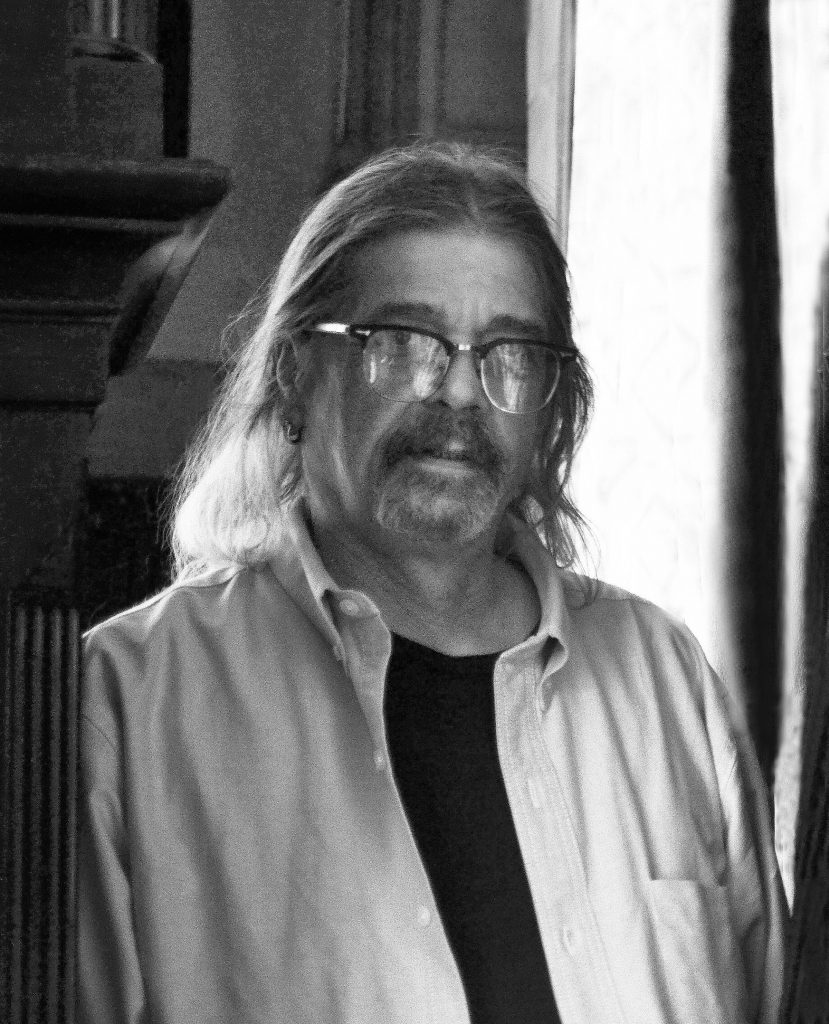Robert C. Masterson

Lecturer
English
EMAIL: rmasterson@bmcc.cuny.edu
Office: N-757
Office Hours:
Phone: +1 (212) 220-8294
Expertise
Writing Across the Curriculum, Social Justice Issues, Science Fiction, Racism Theory/Critical “Race” Theory, Popular Culture, Poetry, Photography, Media Studies, Media, Literacy, Journalism, Film Studies, English Education, Contemporary Fiction, Contemporary Art, Chinese Cultural Traditions, China’s Modernization Movement, Asian American Literatures, Arts in Education, Anthropology, American Long Poem, American Literature
Degrees
Courses Taught
- English Composition is the standard freshman writing course. The course introduces students to academic writing. By its conclusion, students will be ready for English 201 and for the writing they will be asked to do in advanced courses across the curriculum. Students completing ENG 101 will have mastered the fundamentals of college-level reading and writing, including developing a thesis-driven response to the writing of others and following the basic conventions of citation and documentation. They will have practiced what Mike Rose calls the "habits of mind" necessary for success in college and in the larger world: summarizing, classifying, comparing, contrasting, and analyzing. Students will be introduced to basic research methods and MLA documentation and complete a research project. Students are required to take a departmental final exam that requires the composition of a 500 word, thesis-driven essay in conversation with two designated texts.
Prerequisite: Pass the CAT-R and CAT-W or Accuplacer tests
Course Syllabus - This is a course that builds upon skills introduced in English 101. In this course, literature is the field for the development of critical reading, critical thinking, independent research, and writing skills. Students are introduced to literary criticisms and acquire basic knowledge necessary for the analysis of texts (including literary terms and some literary theory); they gain proficiency in library and internet research; and they hone their skills as readers and writers. Assignments move from close readings of literary texts in a variety of genres to analyses that introduce literary terms and broader contexts, culminating in an independent, documented, thesis-driven research paper. By the conclusion of English 201, students will be prepared for the analytical and research-based writing required in upper-level courses across the curriculum; they will also be prepared for advanced courses in literature.
Prerequisite: ENG 101
Course Syllabus - The objective of this course is to sharpen students' creative writing skills in the genres of the short story, poetry and drama, depending on students' interests and ability.
Pre-Requisite: ENG121 or ENG201
Course Syllabus - This is a film history and appreciation course, with special emphasis on style, techniques, genres and themes. During one double period in which a full-length film is shown, students are encouraged to take notes. In the next class the film is discussed and analyzed. Students will read about the development of the cinema and write essays about well-known films.
Pre-Requisite: ENG101 and ENG201 or ENG121
Course Syllabus - In this course film adaptations of 19th and 20th #century fiction are compared to their original versions to determine differences and similarities between literary and cinematic technique. Films based on novels include such award-winning movies as One Flew Over The Cuckoo's Nest, Clockwork Orange, and To Kill A Mockingbird. Also included are film adaptations of stories by writers such as Richard Wright, William Faulkner, Willa Cather, F. Scott Fitzgerald, Ambrose Bierce and Ernest Gaines. Students will learn terms to describe cinematic effects and techniques.
Pre-Requisite: ENG101 and ENG201 or ENG121
Course Syllabus - This course explores the genre of the detective story: its principal themes, plots, characters, and settings; the dramatic changes the genre has undergone (particularly in the twentieth century); its relationship to other literature and new directions of the genre today. In addition, the phenomenal popularity of the detective story will be considered: who is the audience and why has the detective story attracted such a large audience?
Prerequisites: ENG 101 and 201, or ENG 121
Course Syllabus

